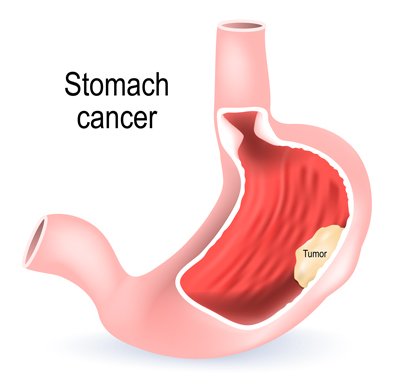
Most gastrointestinal stromal tumors (GISTs) occur in the stomach or small intestine. These tumors often grow into the empty space inside the gastrointestinal (GI) tract, so they might not cause symptoms right away unless they are in a certain location or reach a certain size.
Types of gastrointestinal cancer include
- esophageal cancer
- stomach cancer
- gallbladder cancer
- gastrointestinal stromal tumors
- liver cancer
- pancreatic cancer
- colon cancer
- rectal cancer
- anal cancer
Small tumors might not cause any symptoms and may be found accidentally when the doctor is looking for some other problem. These small tumors often grow slowly.
Symptoms related to blood loss
GISTs tend to be fragile tumors that can bleed easily. In fact, they are often found because they cause bleeding into the GI tract. Signs and symptoms of this bleeding depend on how fast it occurs and where the tumor is located.
Brisk bleeding into the esophagus or stomach can cause the person to throw up blood. When the blood is thrown up it may be partially digested, so it might look like coffee grounds.
- Brisk bleeding into the stomach or small intestine can make bowel movements (stools) black and tarry.
- Brisk bleeding into the large intestine is likely to turn the stool red with visible blood.
- If the bleeding is slow, it often doesn’t cause the person to throw up blood or have a change in their stool. Over time, though, slow bleeding can lead to a low red blood cell count (anemia), and make a person feel tired and weak.
Bleeding from the GI tract can be very serious. If you have any of these signs or symptoms, see a doctor right away.